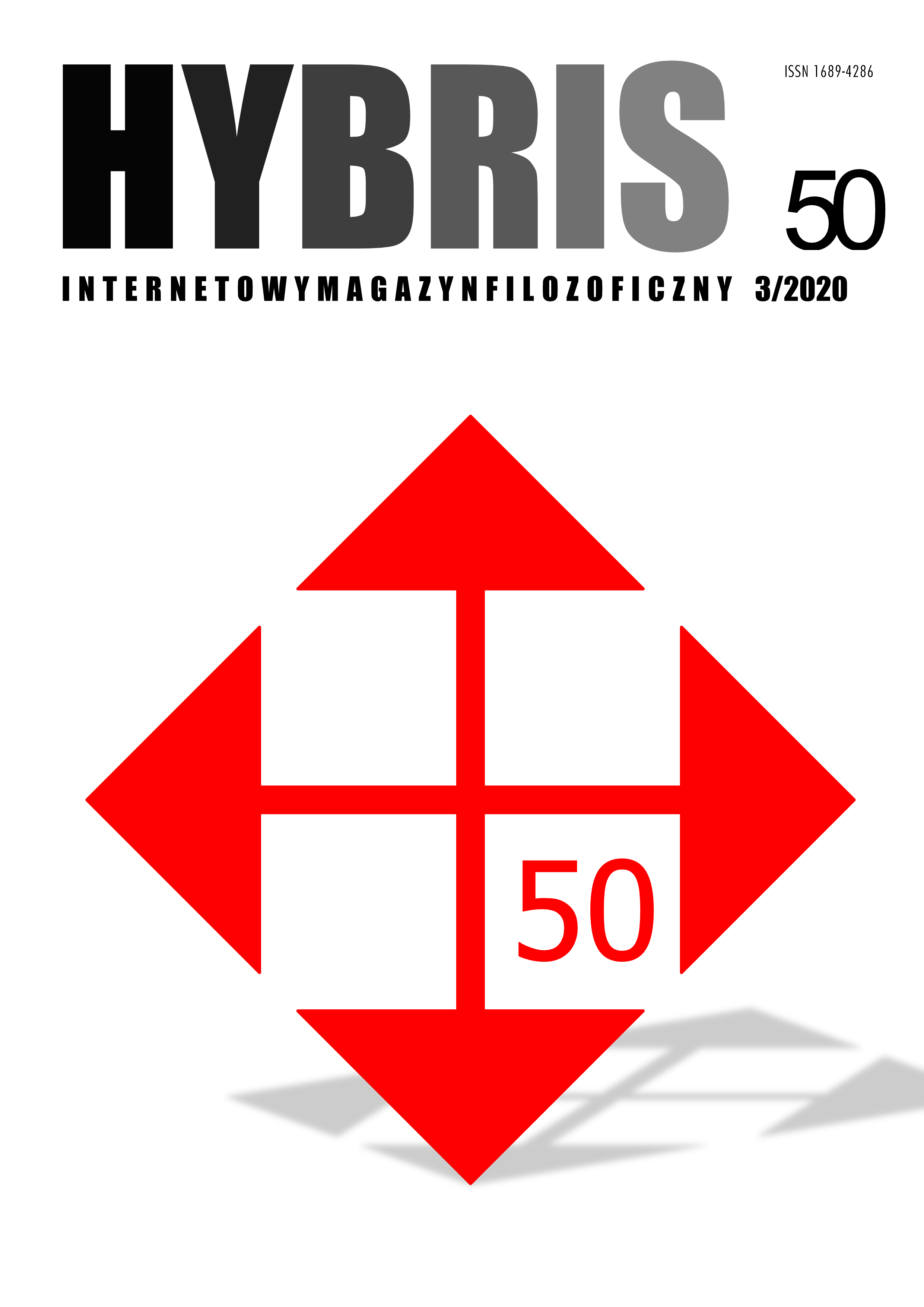Język / Language
Zgłoś artykuł
Cope
Słowa kluczowe
Najczęsciej czytane
-
265
-
209
-
178
-
151
-
130
Internetowy Magazyn Filozoficzny HYBRIS
e-ISSN: 1689-4286
Wydawca: Wydawnictwo Uniwersytetu Łódzkiego
ul. Jana Matejki 34A
PL-90-237 Łódź
Tel.: +48 42 235 01 65, fax: +48 42 66 55 86
E-Mail: journals@uni.lodz.pl


